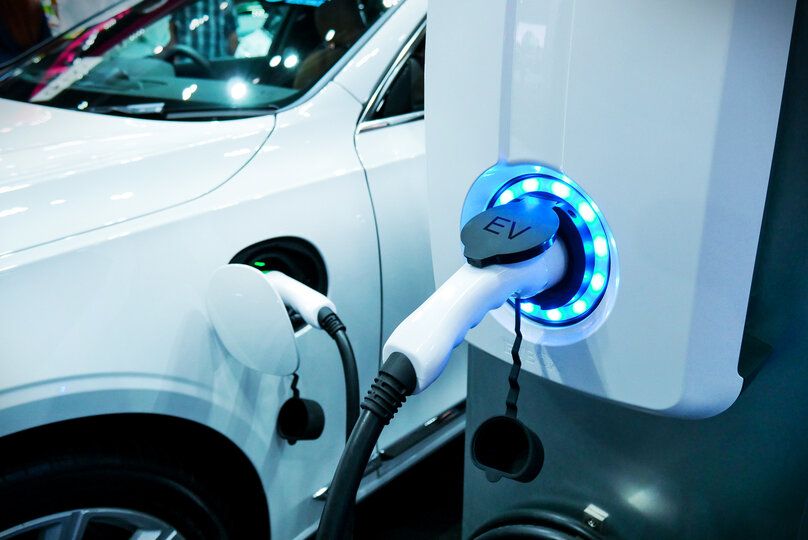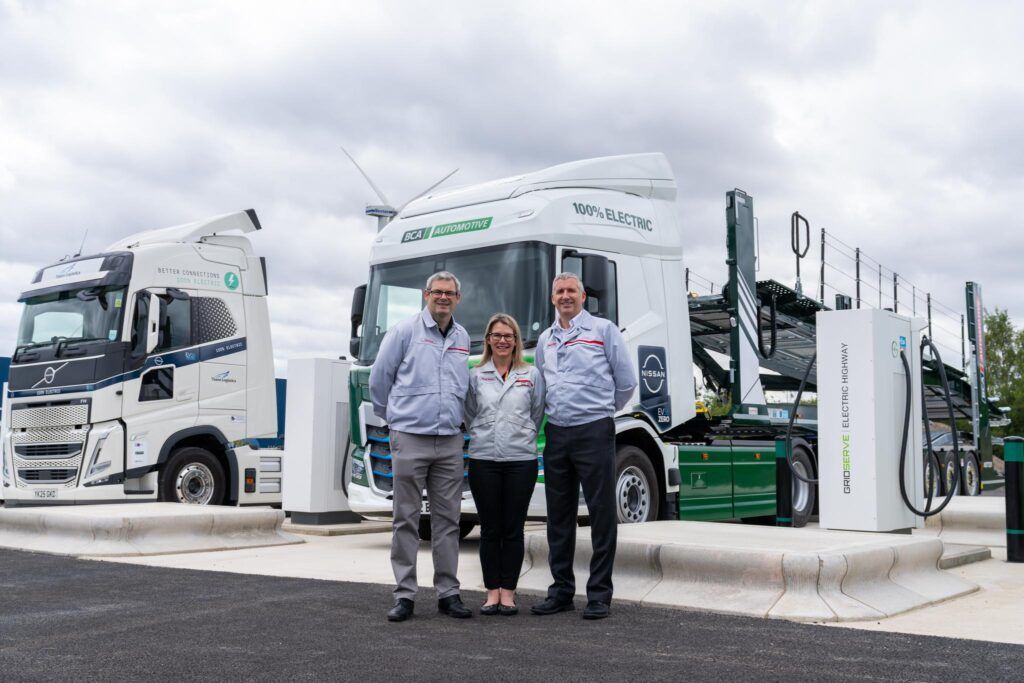Global policies across various countries to meet carbon emissions targets by 2050 will require the vast majority of cars to be electric vehicles, according to research.
The study, undertaken by engineers from the University of Toronto, focused on the USA where current EV uptake is 0.3%. The modellers claimed that in order for the country to hit the UN climate change targets it would require some 90% of all vehicles to be electric.
The model was based on restricting temperature growth to 3.6 degrees Fahrenheit by 2100 from pre-industrial levels. It analysed what a large-scale shift to EVs would mean in terms of emissions and the demand for electricity required.
The report said new power plants and infrastructure would be required. An additional 350 million EVs would increase demand by 1,730TWh or 41% of current levels. It also said the demand curve would mean the daily management of the energy network would change significantly. Technical challenges such as the supply of materials such as lithium, cobalt and manganese for batteries would also be an issue.
Despite 7 million electric vehicles now being on the road compared to just 20,000 a decade ago, the Toronto engineers said the pace of change wasn’t fast enough. The US, for example, would need to transition to 350 million vehicles by 2050. At present rates, it would be around 50% of this number.
The team called for investment in public transport, the redesign of cities to allow for more active travel alongside EV development.
Lead author of the report, published in Nature Climate Change, Alexandre Milovanoff, said it was important to recognise that EVs on their own would not solve the climate crisis.
He said: “I think a better way to look at it is this: EVs are necessary, but on their own, they are not sufficient.”















